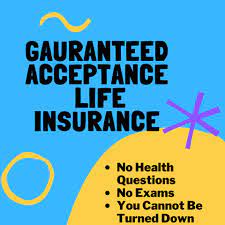
GUARANTEED ISSUE ——- NO HEALTH QUESTIONS
CALL US AT 210-348-8877 FOR INSTANT PRICE QUOTES
North Star Insurance & Tax 210-348-8877
Low cost Auto – Home – Commercial & Tax Preparation – International Drivers Lic – Notary Public

GUARANTEED ISSUE ——- NO HEALTH QUESTIONS
CALL US AT 210-348-8877 FOR INSTANT PRICE QUOTES
North Star Insurance & Tax is an independent insurance agency representing over 25 companies in Auto – Home – and Commercial Insurance.
North Star Insurance Agency was established in 1988 and has over 30 years of experience
serving your Insurance needs. Low Rates and great Service is our #1 goal.
Joe M Gonzalez is the Agent and Owner and has over 30 years of experience and is a licensed P&C agent, and also a licensed Life Insurance Agent.

Esther Hernandez, has been with North Star Insurance & Tax for over 15 years. She is a License Agent and has expert knowledge of Auto and Homeowners Coverages. Along with knowledge for most Commercial Risk and coverages. She provides excellent customer service and speaks both English and Spanish.
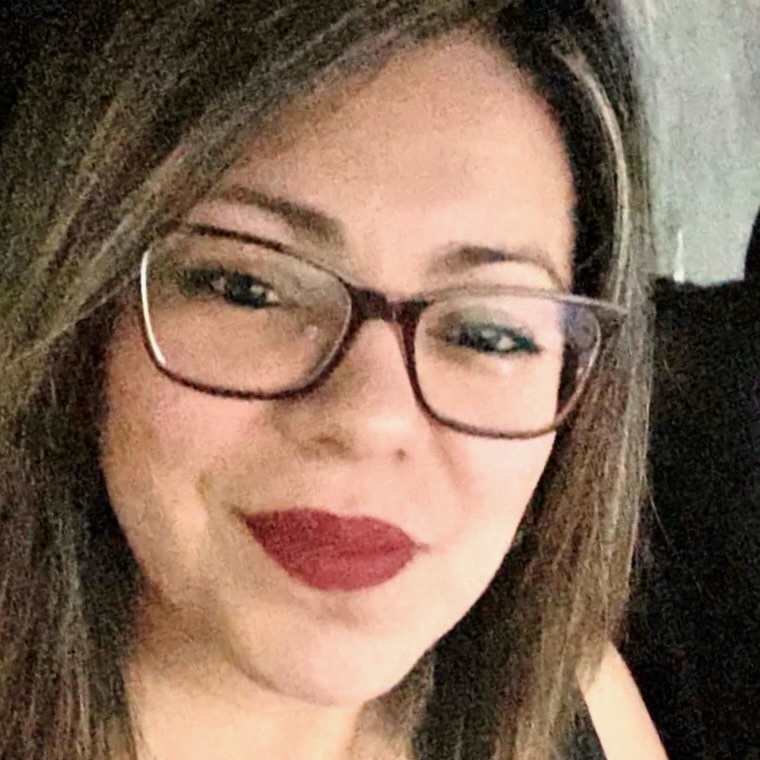
Low Prep fees ! We do Personal returns, Self-emp Returns, W-2, 1099’s, Up to $7000 advance
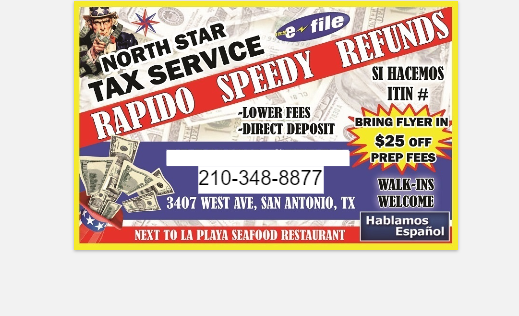
Joe M Gonzalez- Tax Preparer ………………… Esther Hernandez – Tax Preparer

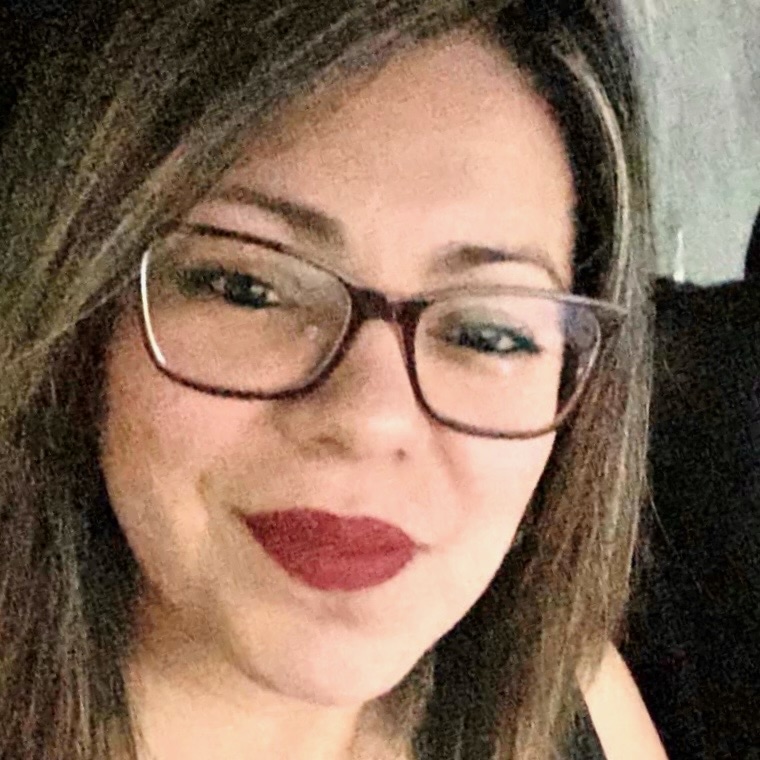
Low Cost Fire And Homeowners Insurance
Call for quote at 210-348-8877

What is the difference between homeowners insurance and fire insurance?
Fire insurance can refer to coverage for your home’s structure in the event of a fire. More accurately, homeowners insurance is typically the type of insurance that can help pay to repair your home in the event of a fire. Fire insurance isn’t a separate policy from your standard homeowners policy.
What are the six categories typically covered by homeowners insurance?
Generally, a homeowners insurance policy includes at least six different coverage parts. The names of the parts may vary by insurance company, but they typically are referred to as Dwelling, Other Structures, Personal Property, Loss of Use, Personal Liability and Medical Payments coverages.
Low cost Auto Insurance rated thru 15 companies incl PROGRESSIVE
FULL COVERAGE – LIABILITY ONLY – SR22 –NON OWNERS
Call Us Now !!!!! @ 210-348-8877
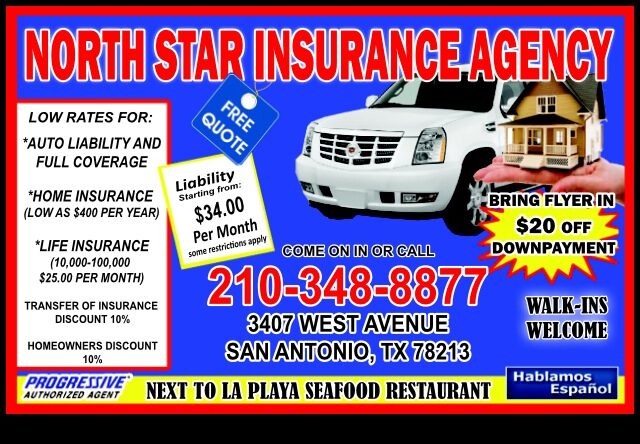
What are the 5 basic types of auto insurance?
The most common types of car insurance coverage include liability, collision, personal injury protection, uninsured and underinsured motorist, comprehensive, and medical payments.
Think of your auto insurance policy as six separate policies. Some types of coverage are required by state law, depending on where you live. Others are optional. Consider each one and ask yourself how much you need. Each type of coverage has its own premium. Add them up and you’ve got the price of your auto insurance policy. Subtract the ones you may not need and you gain some control over the cost.
What goes into a blog post? Helpful, industry-specific content that: 1) gives readers a useful takeaway, and 2) shows you’re an industry expert.
Use your company’s blog posts to opine on current industry topics, humanize your company, and show how your products and services can help people.